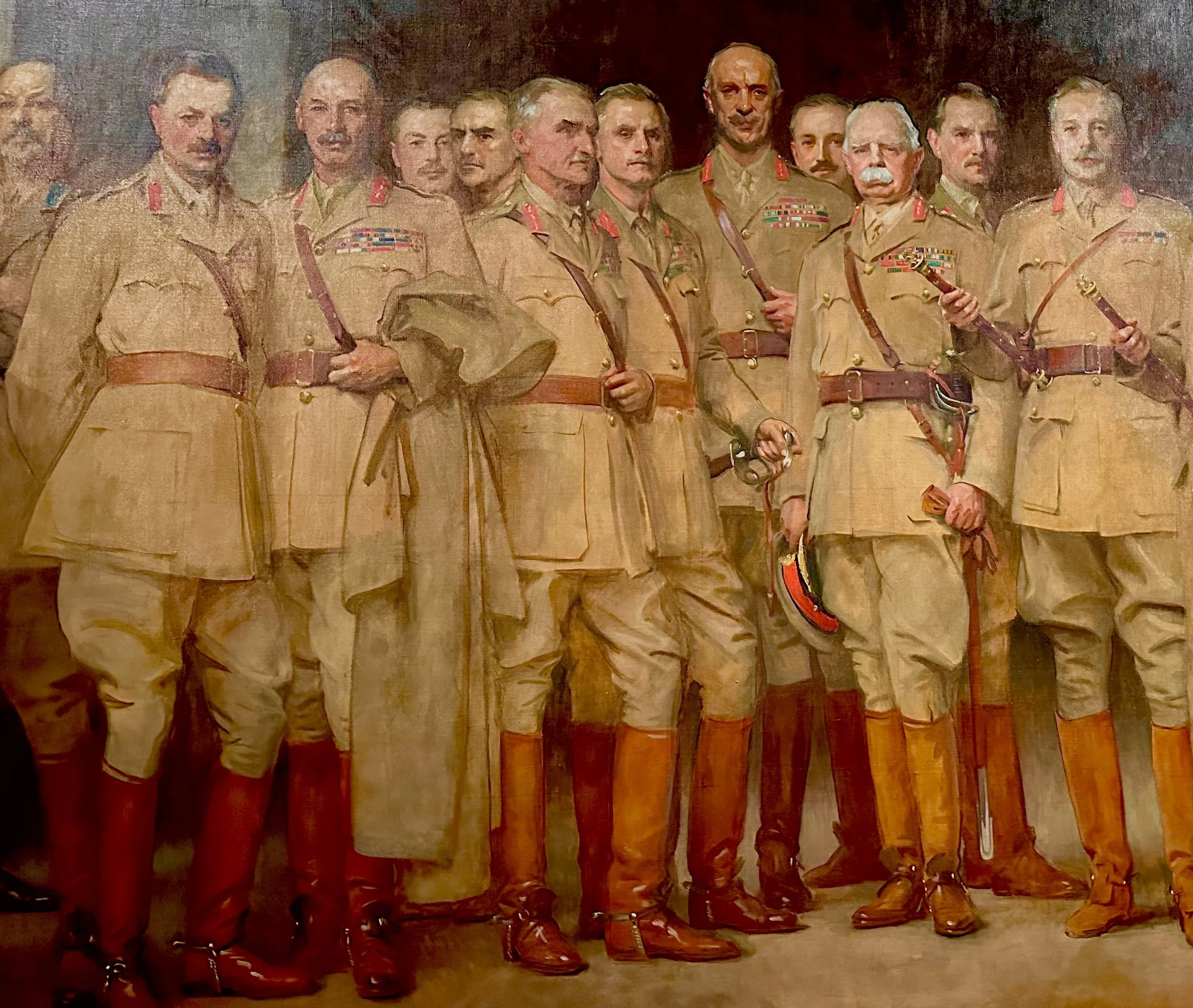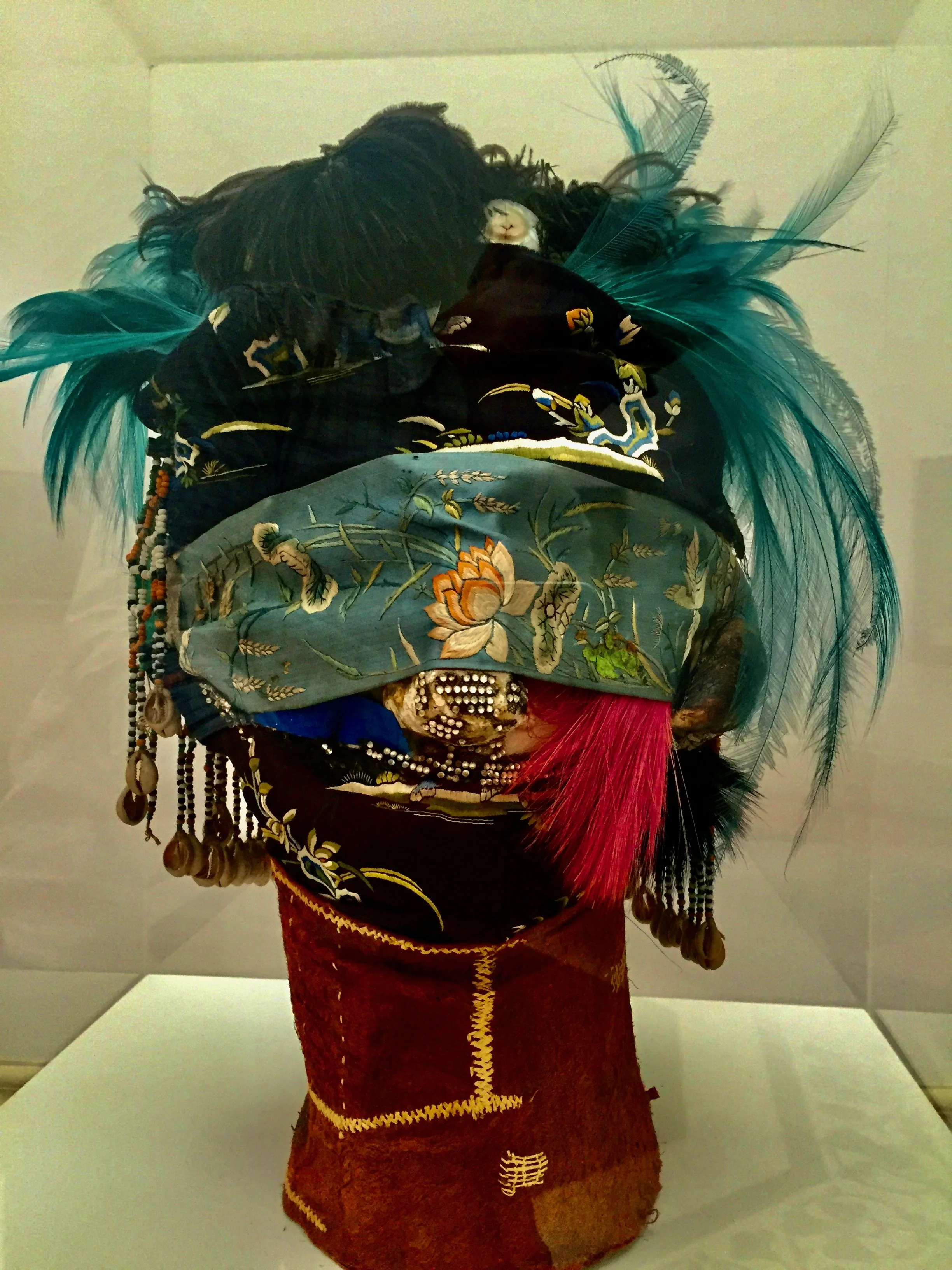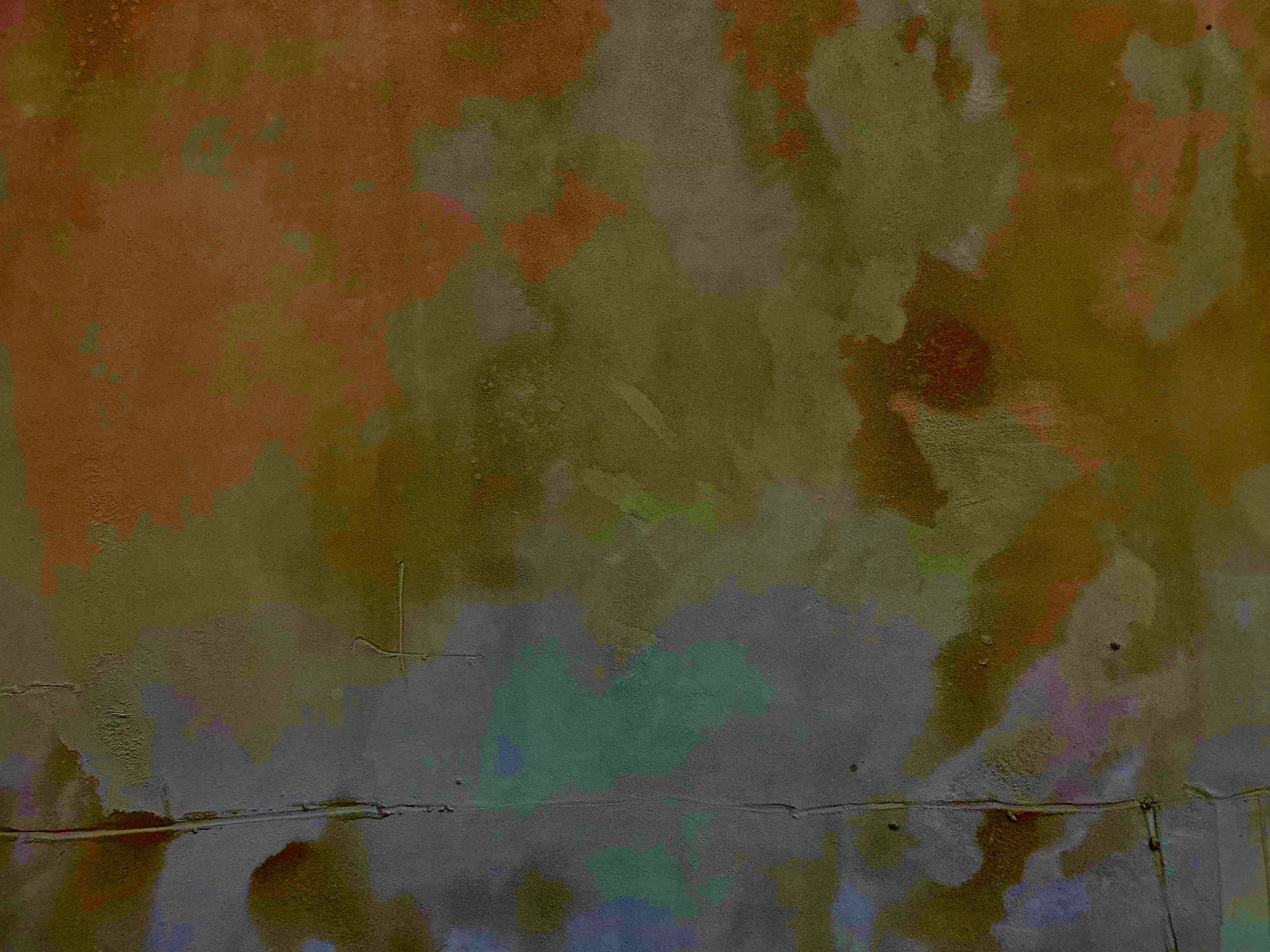Therapists Blog
Any blogs posted here represent the views of the author(s) and are not representative of New Road as a whole.
On Truthfulness: A Practice for Our Times
Among the many ways we cause harm to ourselves, to others, and to the world, lying may be the most insidious. Not only because of what it conceals, but because of what it permits. A lie is not simply a false statement. It is a moment of rupture, from reality, from integrity, from relationship. And it is often the seed from which far greater suffering grows.
Listening
We imagine that we are listening to each other, to the world, to ourselves. But much of what passes for listening is not listening at all — it’s predicting, interpreting, defending, and preparing to reply. The mind, as Philip Glass so vividly puts it, is full of racket. The composer describes this internal noise as a "crowd of ninety-five lunatics" and a "tyrant-censor" standing guard, filtering and distorting whatever comes in. This is not far from what neuroscientists call the predictive mind.
Free Speech
In today’s climate, the concept of free speech is often used not to facilitate dialogue but to suppress it. Paradoxically, those with the largest platforms now cry censorship to deflect critique, casting themselves as victims when faced with accountability. “Cancel culture” is invoked not to protect discourse but to dismiss challenges, especially when those challenges come from individuals who have historically been denied a voice.
This rhetorical sleight of hand, where the powerful claim to be persecuted, distorts the very principles it purports to defend. Those called out for hate speech or misinformation often reframe that feedback as an attack on their rights and weaponise free expression to avoid reflection. In doing so, they cast a legitimate response as oppression, marginalising once again the voices that dare to speak truth to power.
Anxiety - Where Longing and Fear Collide
Anxiety can be a complex and multifaceted emotion that arises when longing and fear collide. It is a robust psychological response to anticipating threats or desiring something out of reach. This collision between longing and fear can create a turbulent inner experience that affects our thoughts, emotions, and behaviours.
Feminism: A Vision for a Changing World
Feminism is a broad and evolving social, political, and philosophical movement based on the belief that individuals of all genders should have equal rights, opportunities, and freedom from discrimination. At its core, feminism aims to challenge and dismantle systems of patriarchy, structures that have historically favoured men, particularly white, heterosexual, and cisgender men, while advocating for justice, equity, and autonomy for women and marginalised genders.
The Manosphere
The manosphere is a loosely connected yet profoundly influential digital ecosystem that offers men a prescriptive worldview on gender, sex, and social worth. Encompassing dating coaches, fitness influencers, incels, and self-proclaimed alpha males, its core message is unmistakable: modern masculinity is under threat, and salvation lies in dominance, control, and relentless self-optimisation.
Can AI Replace Psychotherapy?
We create new worlds through our conversations. For now, the ones that heal still exist between humans.
There is a growing chorus of voices wondering whether artificial intelligence, with its 24/7 availability and increasingly human-like tone, might eventually replace psychotherapy. With apps that respond in soothing tones, track your mood, reframe your thoughts, and even simulate empathy, the question is no longer science fiction; it is here.
Projection and the White Victimhood Narrative
In 2018, Donald Trump made international headlines by tweeting that he had asked Secretary of State Mike Pompeo to investigate land seizures and the “large-scale killing of farmers” in South Africa, a claim rooted not in fact, but in a white nationalist conspiracy theory.
Gaza and the Inverted Mirror of Whiteness
In the West, Gaza is often perceived not as a tragedy but as a threat, a site of moral confusion, political fatigue, and symbolic inversion. Here, victimhood dons the uniform of an army. Occupation articulates the language of self-defence. And an open-air prison is depicted as a battleground between equals.
How did we arrive here?
Confession: An Act of Growth and Generosity
What if we reimagined confession as an act of immense psychological courage and profound human generosity? What if confession were not about proving our unworthiness, but about uncovering the truth of our humanity?
Wabi Sabi – Attuning to the Delight of Imperfection
There is an aesthetic in the world that whispers rather than shouts. It does not gleam with newness or symmetry; it beckons from the worn, the weathered, and the unpolished. This is Wabi Sabi — a Japanese sensibility that honours transience, simplicity, and the imperfect nature of all things.
The Predictive Mind – An Introduction
The human brain is not a passive receiver of information. It doesn’t simply sit back and wait for reality to arrive through the senses like a camera recording what is “out there.” Instead, the brain constantly predicts what will happen and updates those predictions based on what occurs.
Attention Means Attention" — A Zen Lesson for the Restless Mind
From the simplest to the most complex, all creatures seek pleasurable, safe, and nutritious environments and avoid unpleasant, dangerous, and barren environments.
If our predictions are distorted, we may be drawn to situations we perceive as safe, pleasurable, or nourishing but encounter the opposite. Thought, speech and action are driven by habit, with craving at the root.
The Intersection of Freud's Drive Theory, Darwin's Evolutionary Theory, and Buddhist Philosophy
The convergence of Sigmund Freud's Drive Theory, Charles Darwin's Theory of Evolution, and Buddhist philosophy offer a template for understanding human behaviour and consciousness. Each of these frameworks, while arising from different contexts and disciplines, intersects at critical points, providing a perspective on the nature of human existence.
The Quadrants of Humility
The concept of humility can be complex and multifaceted, often represented in various ways. One way to understand and explore humility is by considering it through the lens of quadrants.
Menopause Part 2 - Lucie Oliver
To understand how far-reaching the menopause is, it can be useful to view the experience through the ‘bio/psycho/social model’. This allows for different strands to be considered and perhaps recognise where elements overlap. The social aspect of menopause can be particularly interesting, as depending on our culture, we may have been taught that the menopause is to be quietly tolerated.
The Black Dog and the Golden Thread
This blog is a series of random reflections on this quest — both mine and potentially yours. Time and repeated encounters with emotional anguish have only fuelled my determination to delve deeper into this exploration. Mastering this journey means understanding the questions to ask and which questions offer no profitability in the journey to an awakened life.
Meditation, Discipline, and Generosity
Eliud Kipchoge, an elite Kenyan marathon runner, has eloquently compared discipline to the process of building muscle, emphasising its centrality to personal growth. His words reflect not only the determination required in sports but also resonate with deeper philosophical practices, such as meditation and generosity. This blog explores the connection between these seemingly disparate concepts.
Managing Distracting & Painful Thoughts
The Vitakkasanthana Sutta, also known as the "Discourse on the Removal of Distracting Thoughts," is a practical guide from the Buddhist teachings for managing harmful or distracting thoughts. It proposes five strategies that can help us to foster a more peaceful and focused mind.





















